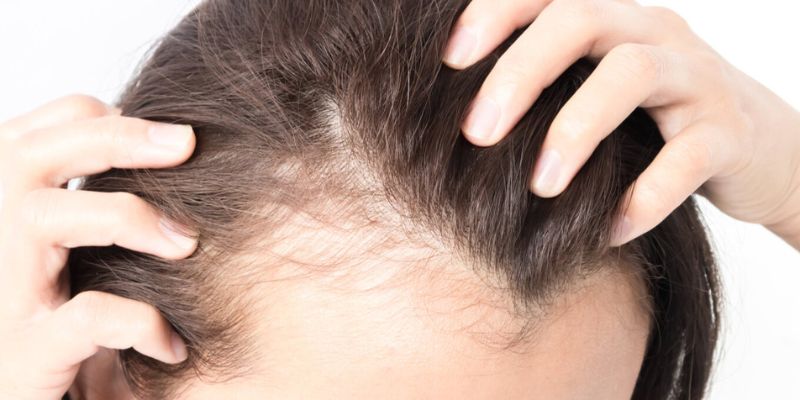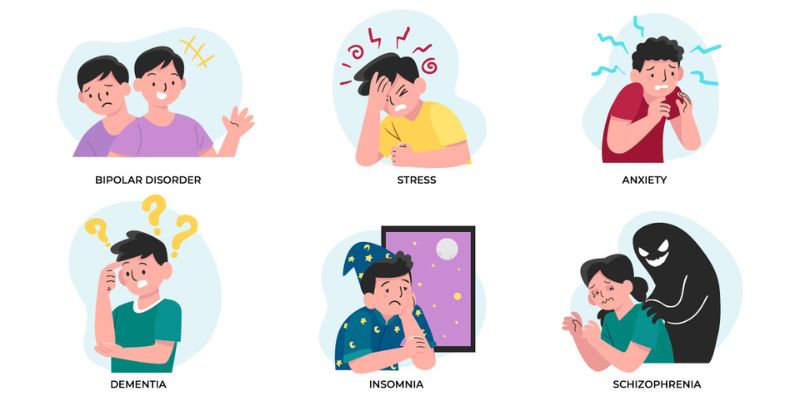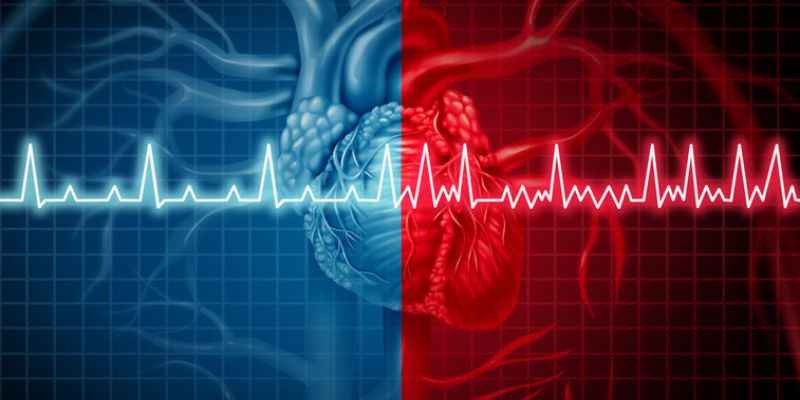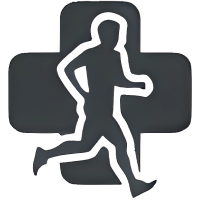Do you often feel tired or notice changes in your weight? These could be signs of a thyroid disorder. Many people overlook these issues, which can significantly impact overall health.
Let's talk about your thyroid gland. It's a small but mighty organ in your neck. This plays a crucial role in regulating your metabolism and energy levels. When it's not working right, it can lead to problems.
There are two central thyroid disorders: hypothyroidism and hyperthyroidism. These happen when your thyroid produces too little or too much hormone. Both can cause a range of symptoms that affect your daily life.
In this post, we'll explore common symptoms of thyroid disorders, look at treatment options, and discuss steps to take if you think you have a thyroid issue.
Recognizing The Symptoms Of Thyroid Disorders
Thyroid problems can show up in many ways. They often sneak up on you slowly. You might not notice them at first. But over time, these symptoms can affect your life.
Let's look at some common signs of thyroid disorders. Knowing these can help you spot problems early.
Fatigue and Weakness
Are you feeling tired all the time? It might be your thyroid. When it's not making enough hormones, your body slows down. You might feel weak and sleepy, even after a good night's rest. This tiredness can stick around no matter how much you sleep.
Weight Changes

Your weight can go up or down with thyroid issues. If your thyroid is slow, you might gain weight even if you're not eating more. A fast thyroid can make you lose weight without trying. These changes often happen even when your diet stays the same.
Hair Loss And Skin Changes

Look out for changes in your skin and hair. Thyroid problems can make your skin dry and itchy. Your hair might start to thin or fall out more than usual. These changes can happen all over your body, not just on your head.
Sensitivity To Cold Or Heat
Does the temperature bother you more than others? A slow thyroid can make you feel cold all the time. You might need extra layers even when others are comfortable. When everyone else is OK, you might feel hot and sweaty with a fast thyroid.
Mood Swings Or Depression

Your thyroid can also affect your mood. A slow thyroid might make you feel down or depressed, and you might lose interest in things you usually enjoy. With a fast thyroid, you could feel anxious or irritable for no apparent reason.
Irregular Heart Rate

Your heart can react to thyroid issues. A fast thyroid might make your heart race or feel like it's skipping beats, while a slow thyroid can make your heart beat slower than usual. These changes can be scary, but they're often linked to thyroid problems.
Difficulty Concentrating
Do you need help focusing? Thyroid problems can mess with your thinking. You might feel foggy or forgetful, and simple tasks seem more complicated than they should. This can significantly affect your work and daily life.
Diagnosing Thyroid Disorders: How Are Thyroid Disorders Diagnosed?
Finding out if you have a thyroid problem is usually straightforward. Doctors use a simple blood test to check your thyroid. This test looks at hormone levels in your blood. It measures things called T3, T4, and TSH.
These numbers tell the doctor if your thyroid is working too hard or not enough. Sometimes, the doctor will also ask about your health history and might perform a physical exam.
See a doctor if you've noticed any of the symptoms we discussed earlier. Don't wait if you're worried. Catching thyroid problems early makes them easier to treat.
Remember, only a doctor can say for sure if you have a thyroid disorder. But knowing the signs can help you take the first step towards feeling better.
Treatment Options For Thyroid Disorders

Treating thyroid disorders is critical to feeling better. There are several ways to manage these conditions. Your doctor will help you find the best option for you. Let's look at some common treatments for thyroid problems.
Medication
Doctors often prescribe thyroid hormone replacement for slow thyroids. This means taking a pill every day. The most common one is levothyroxine. It adds more thyroid hormone to the body, helping bring your levels back to normal. Many people feel better after a few weeks on this medicine.
Antithyroid Medications
If your thyroid is too active, you might need different drugs. These are called antithyroid medications. One common one is methimazole. These medicines slow down your thyroid's hormone production. You'll need to see your doctor regularly while taking them. They'll check your levels and adjust the dose as needed.
Radioactive Iodine Therapy
This treatment is for overactive thyroids. It uses a particular radioactive form of iodine. Your thyroid absorbs this iodine, shrinks the gland, and slows down over time. This treatment is usually done once. It's effective but can lead to an underactive thyroid later.
Surgery
Sometimes, doctors need to remove part or all of the thyroid gland. This is called thyroid surgery. It's often used for severe overactive thyroid or thyroid cancer. After surgery, you'll likely need to take thyroid hormone pills for life. This replaces the hormones your body can no longer make.
Lifestyle Adjustments
Changing your lifestyle can help support your thyroid health. Eating well is essential. Foods with iodine, selenium, and zinc are suitable for your thyroid. Managing stress can also help. Regular exercise is beneficial, too. These changes work best along with medical treatments, not instead of them.
Take Control Of Your Thyroid Health
Don't ignore changes in your body. If you notice any symptoms we've discussed, it's time to act. See your doctor and ask about your thyroid. Catching problems early can make a big difference.
Regular check-ups are essential, too. They can spot issues before you even notice them. Stay informed about your thyroid health. It's a small gland, but it significantly impacts how you feel.
Remember, you're not alone if you have thyroid problems. Many people deal with them every day. With the proper care, you can feel better and live well.
Frequently Asked Questions
Q1: How common are thyroid disorders?
Ans: Thyroid disorders affect many people. In the U.S., about 20 million have them. Women get these problems more often than men. If you're worried, you're not alone.
Q2: Can thyroid disorders be cured?
Ans: Most thyroid disorders can't be fully cured. But don't worry. They can be managed well. Medication, lifestyle changes, and regular doctor visits help keep them under control.
Q3: Do I need to avoid certain foods with thyroid issues?
Ans: Some foods can affect your thyroid. Soy and high-fiber foods might interfere with thyroid medicine. Talk to your doctor about your diet. They can guide you on what's best for you.














